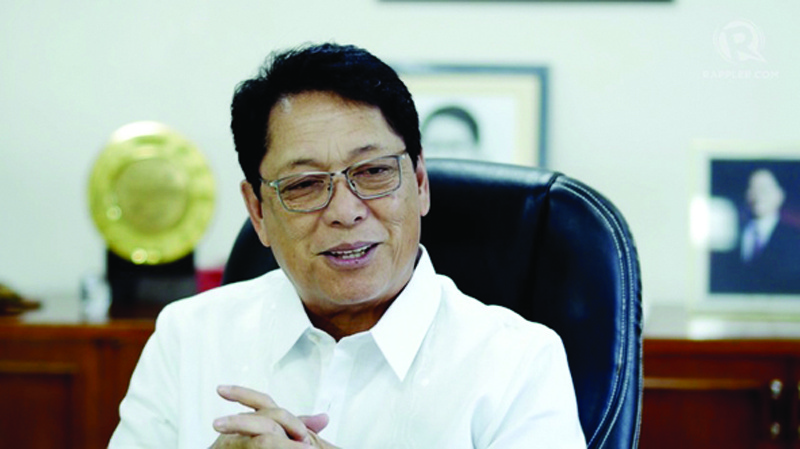
By Ben Garcia
KUWAIT: The Philippine Overseas Employment Administration (POEA) Governing Board has approved a partial lifting of the deployment ban for Filipino workers seeking employment in Kuwait. This means all skilled, semi-skilled and professional workers may now return to working in Kuwait.
This includes workers who were temporarily stopped at the airport in Manila and were barred by immigration authorities from leaving for work in Kuwait. "We lifted the ban for professionals, skilled and semi-skilled workers, meaning they can now be deployed to work in Kuwait and if they wish to come back, they can now come; new and returning. Those who were temporarily barred from leaving Manila at the time of ban may now work in Kuwait," said Labor and Employment Secretary Silvestre Bello III during an interview with the local reporters in Manila.
One reporter asked if domestic labor are now able to return. Secretary Bello answered, "Domestic helpers still cannot come, and this includes returning housemaids. We lifted the ban because the Kuwaiti government finally listened and agreed on the proposed harmonized contract of employment. This is a measure that would provide effective and sufficient protection to our overseas workers. The harmonized contract covers those that are mentioned by President Duterte," he told reporters.
The Philippine government has imposed a total deployment ban of Filipino workers to Kuwait from January 15, 2020 following the death and re-autopsy of the body of Jeanelyn Villavende, who was heavily tortured and sexually abused by her employers.
An embalming certificate from the Kuwait government has confirmed that Villavende, who was reportedly beaten 'black and blue', died of 'acute failure of heart and respiration' as a result of shock and multiple injuries in the vascular nervous system. However, a separate autopsy by National Bureau of Investigation (NBI) in Manila showed that Villavende's brain, heart, and some internal organs were missing; and that she also suffered multiple, severe traumatic injuries including genitalia injuries - an indication she was sexually abused.
The Philippines demanded explanation as to why the earlier autopsy of Jeanelyn Villavende's body did not match the autopsy done in Kuwait. In Kuwait, Bello has been assured of Kuwaiti official's unequivocal support and cooperation with regards to the issues of mistreated workers.
Bello met with Kuwait's Finance Minister and Acting Minister for Economic Affairs Mariam Al-Aqeel, Minister of Justice and Minister of Awqaf and Islamic Affairs Fahad Al-Afasi and Deputy Prime Minister and Interior Minister Anas Al-Saleh. Villavende's employers have been charged with her death, and they have pleaded not guilty. More than 60 percent of 250,000 Filipinos in Kuwait work in the domestic labor sector.

